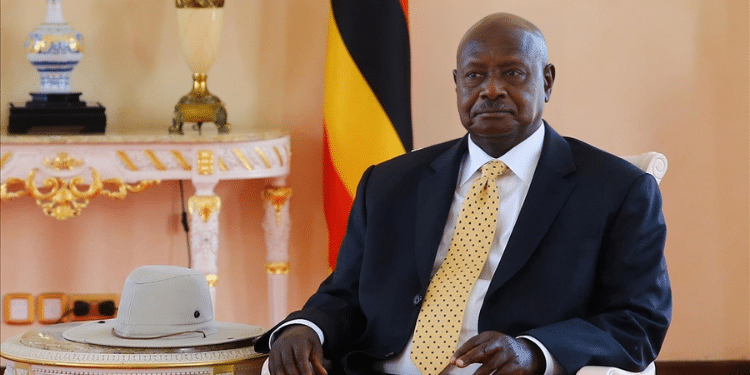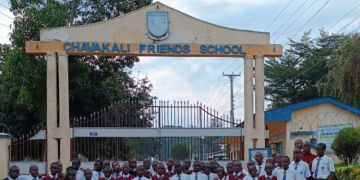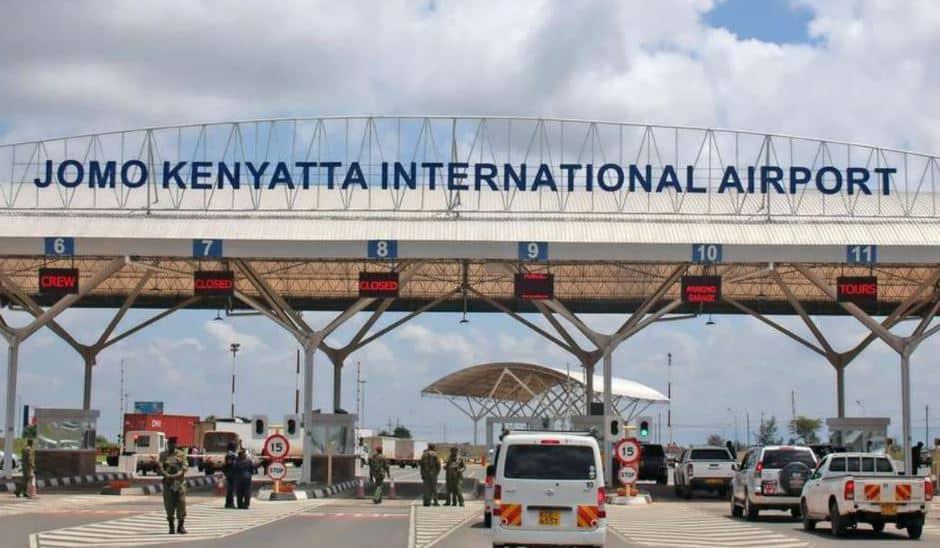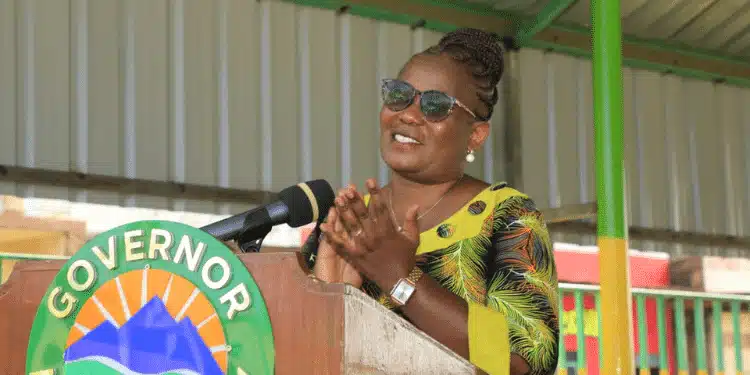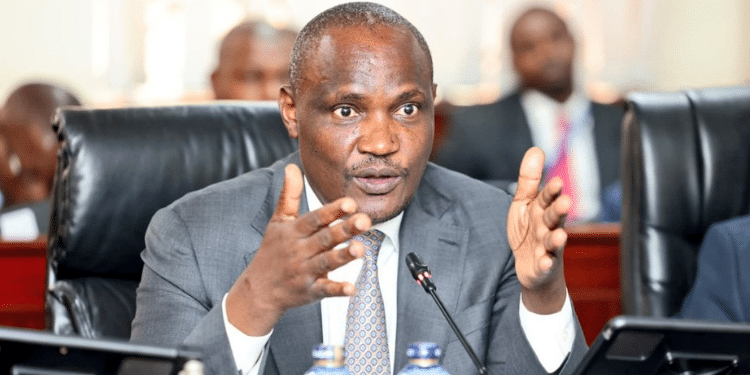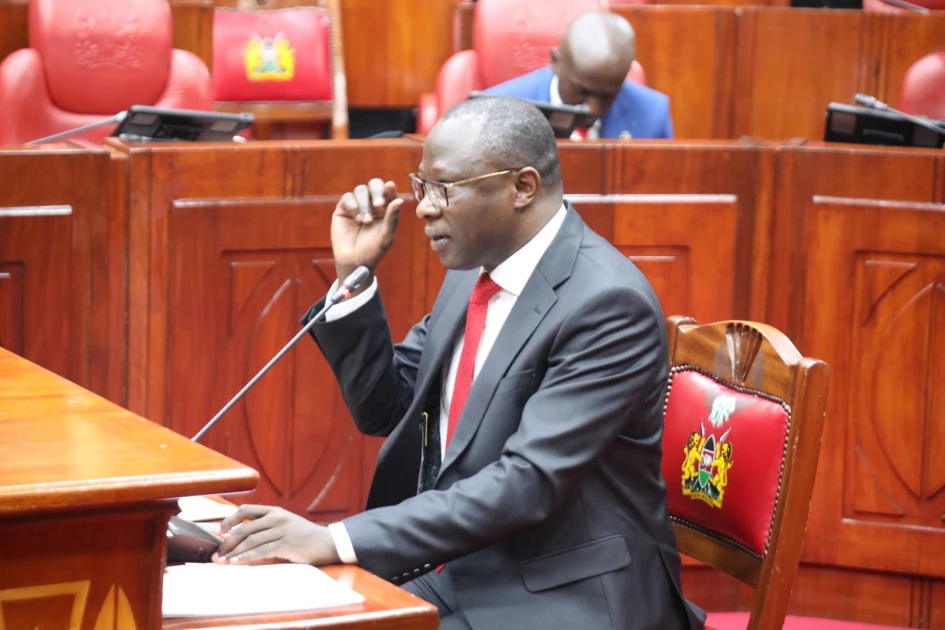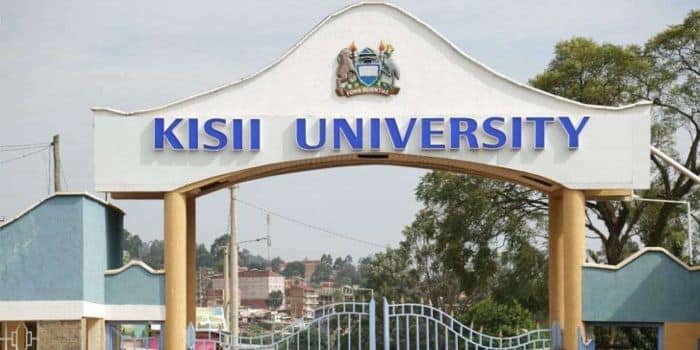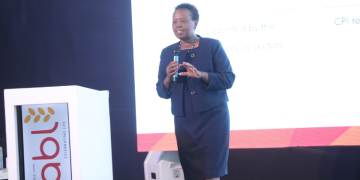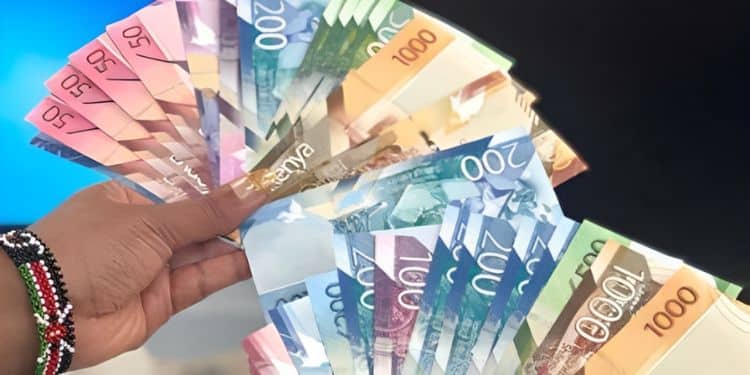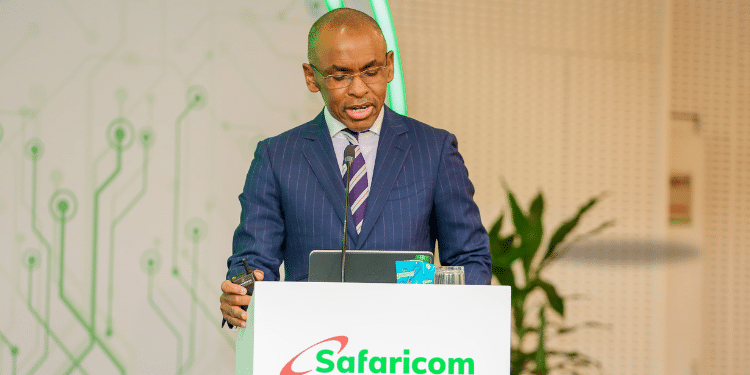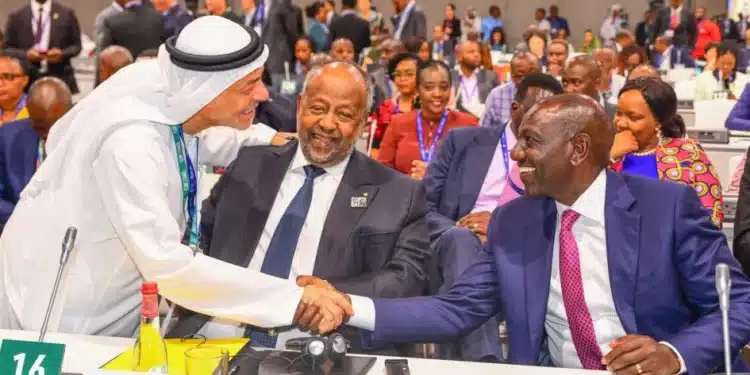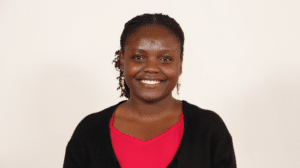Kenya and other developing countries walked out of a meeting, rejecting a $300 billion new public climate finance.
While at the UN Climate Change Conference (COP29), the countries on Saturday, November 23 said that the proposal was insulting.
Initially, developed countries proposed $250 billion in annual funding, an offer that was immediately rejected by developing nations, who had been demanding at least $1 trillion per year.
However, after extensive consultations on Friday night and Saturday morning, the offer was marginally increased to $300 billion.

The revised proposal was not welcomed by small island states and the least-developed countries, who said that the revised proposal was inadequate and walked out of the meeting.
The negotiations were then extended into Sunday, and decided by 3:00 am, drawing criticism from developing countries and activists, who have branded it a betrayal of climate justice.
Also Read: Kenya Calls for Ksh167 trillion for Africa Climate Fund for Developing Nations at COP29
Kenya’s Special Envoy and Other Countries Reject the Offer
Kenya’s Special Climate Envoy Ali Mohamed noted that they were not prepared to accept the offer, noting that it crossed the red lines.
“We are prepared to reach an agreement here in Baku, and indeed we must reach an ambitious agreement in all respects, but we are not prepared to accept things that cross our red lines,” said Ali Mohamed.
Additionally, the Chairperson of the Association of Small Island States (AOSIS) Cedric Schuster highlighted the effects of climate injustice, adding that the calls of poor countries have continuously been ignored.
“Small island developing states and Least Developing Countries (LDC) are among the very worst impacted by this climate crisis that we did not cause. Yet we have found ourselves continuously insulted by the lack of inclusion, our calls are being ignored.
“We need to be shown the regard which our dire circumstances necessitate,” added Cedric Schuster.
The African group of countries also rejected the offer.
Also Read: Ksh500 Per Day and 2-Weeks Shift: How Climate WorX Mtaani Initiative Works
Purpose of the Funding
Under the deal, developing nations will receive at least $300 billion annually in the fight against climate change, aimed at helping them cope with the ravages of global warming.
The poor countries need the cash to wean themselves off the coal, oil and gas that causes the globe to overheat, adapt to future warming and pay for the damage caused by climate change’s extreme weather.
The new deal will replace the previous $100 billion a year deal, which is set to expire, that had been running since 2009.
COP29 President Mukhtar Babayev gaveled the agreement into acceptance before any nation could voice its concerns. When given the chance to speak, delegates criticized him for his perceived bias, condemned the deal as insufficient, and accused wealthy nations of being excessively frugal.
Follow our WhatsApp Channel and join our WhatsApp Group for real-time news updates.


